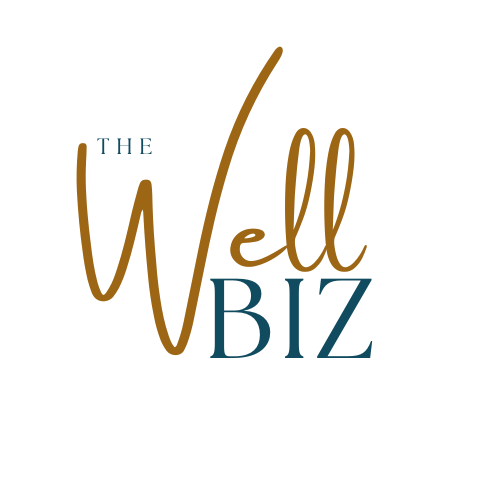Certifications
CERTIFIED STRESS MANAGEMENT CONSULTANT
Course Information
Certification & Credentials:
Those applicants who become certified by the IACT as a Certified Stress Management Consultant and complete the full curriculum, may use the initials/credential CSMC after their names. “CERTIFIED STRESS MANAGEMENT CONSULTANT”
Employment Opportunities:
Module 1:
- History of Stress
- Burn Out Prevention
- Positive versus Negative Stressors
- Panic Attacks
- Prevention and Management
- Stress and Divorce
- Stress Inoculation Technique
- Hypnosis and Stress Management
- Effective Breathing Techniques
Module 2:
- Rational-Emotive Therapy
- Coping Skills
- Learned Optimism
- Worry Control
- Authentic Happiness
- Corporate Opportunities
- Job Related Stress Management,
- Stress and High Trauma Situations
- Stress Assessment
Certification & Credentials:
Those applicants who become certified by the IACT and have completed the full curriculum, may use the initials/credential C.Ht after their names. “CERTIFIED HYPNOTIST” OR “CERTIFIED HYPNOTHERAPIST” (If candidate is a mental health practitioner).
Master the Art of Hypnosis:
Intro to Hypnosis & NLP (Neuro-linguistic Programming)
How the subconscious mind works
The different levels of hypnosis
How NLP uses convincers/anchors
Stage Hypnosis vs. Hypnotherapy
Sleep vs. Hypnosis
Charismatic Foundations
Building Rapport
Trust between client & practitioner
Client Selection
Willing and open: the acquiescent client
Resistance: the resistive client
Biochemical and Psychological Disorders
Referrals
Initial Consultation
Right Fit Conversation
How to Close on Your Initial Consultation
Building a Successful Practice
The Structure of A Hypnosis Session
Process & Expectations
Business Practices for Wellness Industry
Business Practices for Start-ups
Business Practices for Mental Health Practitioners
Meta Models of NLP
How to do your consultations & have a successful hypnosis practice:
- The Power of Word
- Laymen’s Term
- Key Words
- Conditioning
- Repetition
- Positive Speaking
- Affirmations
- Establishing an effective therapeutic approach
Direct - Indirect
- Regressions
- Relaxation Techniques
- Breathing Exercises
- Tension Release
- Emotional Release
- Anchors
- Progressive Relaxation
Use hypnosis for yourself, family or clients to overcome:
• Stress/Anxiety
• Weight Loss
• Stop Smoking
• Low Self-Esteem
• Relationship Issues
• Insomnia
• Phobias/Fears
• Addictions
• Depression
• Panic Attacks
• Divorce
• Childhood Issues
• Public Speaking
• Grief/Loss of a Loved One
• Anger Management
• TestAnxiety
• Eating Habits
• ADHD/ADD
• Tension/Migraine Headaches
• Sports Performance
• Pre/Post Surgery
• Co-Dependency Issues
• Nail Biting
• Fibromyalgia
• Stuttering
• Terminal Illness
• Dental Phobia
• Guilt
• Bed Wetting
CERTIFIED HYPNOTIST / CERTIFIED HYPNOTHERAPIST
Course Information
SPECIALTY MASTER HYPNOTIST
Course Information
Certification & Credentials:
Module 1:
One Minute Induction and Deepener
Principles of Hypnotic Change
Naturalistic Induction
Patterns of Influence
Implied Directives
Creating Hypnotic Techniques
Utilization of Hypnotic Phenomena
Indirect Suggestion and Binds
Mutual Trance
Pseudo Orientation in Time
Re-imprinting in Hypnosis
Generative Trance
Client Driven Process
Erickson’s Implied Directive

